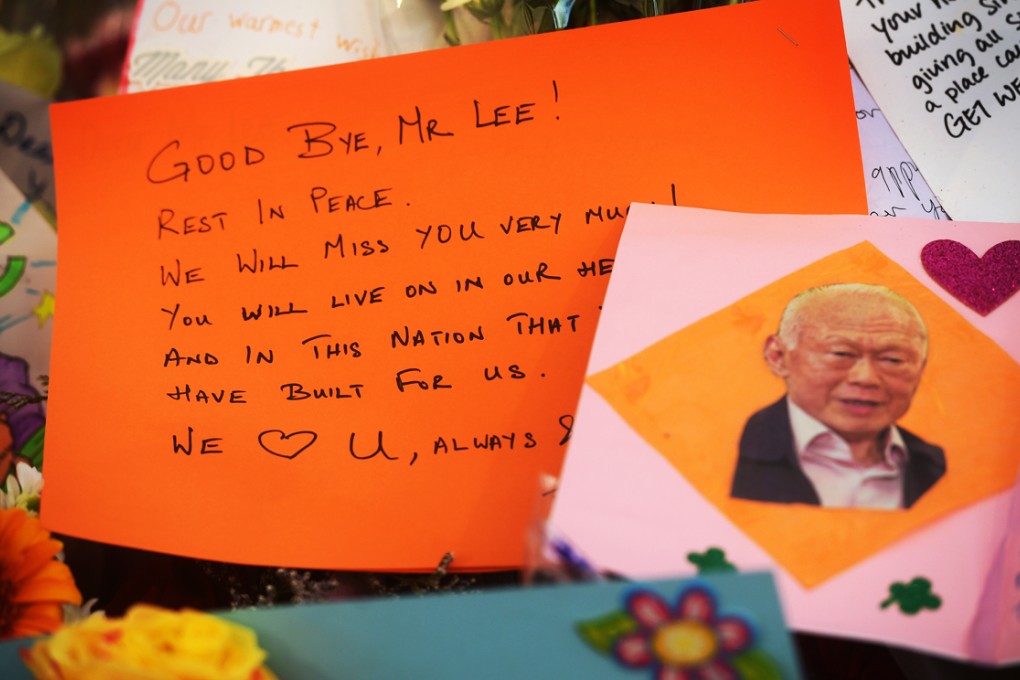Lee Kuan Yew was ahead of the curve when he predicted China's emergence
Singapore's founder was alone among world leaders in his belief China would emerge as a global power and his views proved prescient

In the early 1990s in Singapore, Lee Kuan Yew invited a visiting Chinese Communist Party secretary from Fuzhou city to a private meal.
The party official was barely 40 at the time and relatively unknown. Lee, who had already stepped down as prime minister but remained in cabinet, apparently wanted to meet the young man because he was the offspring of a Chinese revolutionary hero and considered a potential leader in China's future.
Former Singapore Member of Parliament Peh Chin Hua, the only other person at the gathering that has never been reported in the local Chinese press, told the South China Morning Post: "It was rather unusual for someone of his stature to host a foreign provincial politician. But it became clear to me he held the visitor in high regard."
The meeting was part of Lee's unremitting investment in understanding China's pantheon of leaders - whom to many in the West seemed faceless and interchangeable. Indeed, Lee was the only global leader who met all five Chinese Communist Party leaders, from Mao Zedong to Deng Xiaoping , Jiang Zemin , Hu Jintao andXi Jinping - the same young party secretary from Fuzhou he entertained two decades ago.
Convinced that China would always affect his little city state, Lee wanted to look beyond ideology and punditry to comprehend the Asian giant's future trajectory. The student became the master: at his prime he was sought after by other world leaders for insights into the China's leadership and its thinking.
In his memoirs, Lee makes plain his admiration for the late paramount leader Deng Xiaoping who led China's opening up in 1978. Lee recalled his conversations with Deng, including one that year when Deng visited Singapore. Deng was impressed with Singapore's transformation.